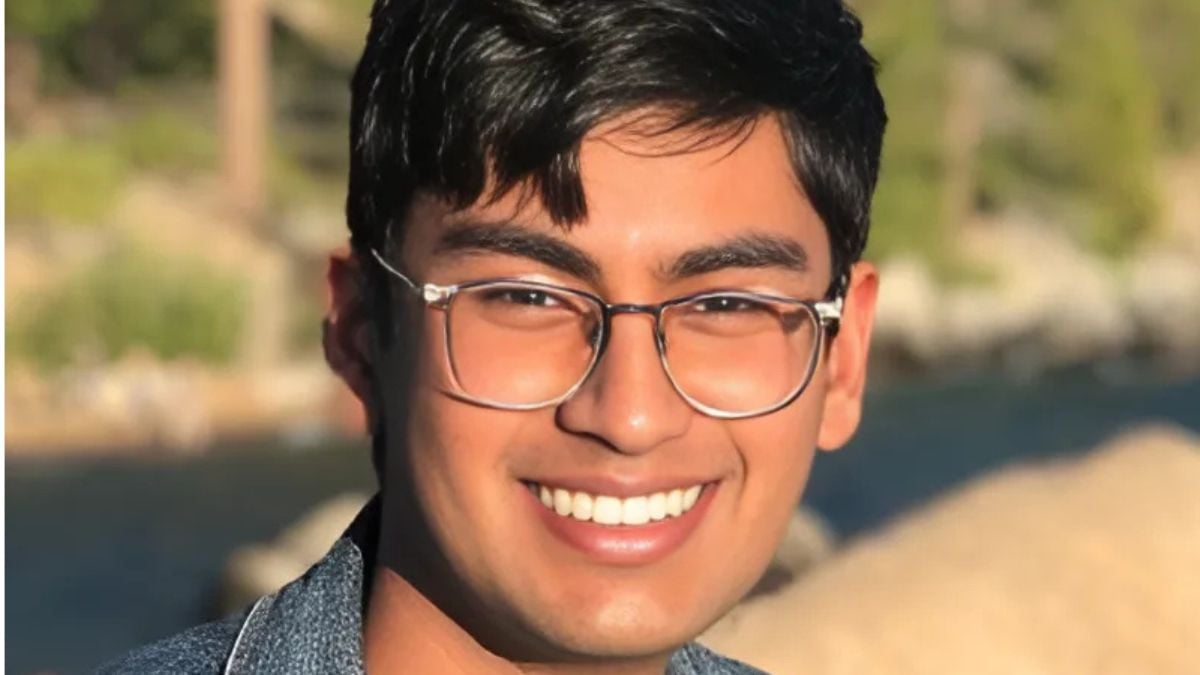OpenAI Whistleblower Suchir Balaji Found Dead In San Francisco | X (@suchirbalaji)
Suchir Balaji, a former researcher at OpenAI, allegedly took his own life in his apartment in San Francisco, according to the San Francisco Office of the Chief Medical Examiner. In an interview with The New York Times in October, the 26-year-old Indian American man expressed worries about OpenAI violating copyright law.
Found Dead In His Apartment
A representative from the San Francisco Police Department verified that the young researcher was discovered deceased in his Buchanan Street apartment on November 26. After officers and medics were summoned to his home in the city’s Lower Haight district for a wellness check after concerns were raised by his friends and colleagues. Officers discovered Suchir Balaji deceased. Police have reported that no signs of foul play have been discovered and ruled possibility of suicide.
A TechCrunch report states that the Office of the Chief Medical Examiner (OCME) has recognized the deceased as Suchir Balaji, 26, from San Francisco. The cause of death has been established as suicide. The OCME has informed his relatives.
Who was Suchir Balaji?
Suchir Balaji was a 26 year old AI researcher who studied computer science at the University of California, Berkeley, before working at OpenAI. He interned at OpenAI and Scale AI while in college.
During his early days at OpenAI, Balaji worked on WebGPT, and later went on to work on the pretraining team for GPT-4, reasoning team with o1, and post-training for ChatGPT, his LinkedIn states.
Balaji quit OpenAI after working at the company for four years. He told The New York Times that he realised the technology would bring more harm than good to society, his main concern being how OpenAI allegedly used copyright data.
Balaji expressed his concerns in an X post in October, saying, “ initially didn’t know much about copyright, fair use, etc. but became curious after seeing all the lawsuits filed against GenAI companies. When I tried to understand the issue better, I eventually came to the conclusion that fair use seems like a pretty implausible defense for a lot of generative AI products, for the basic reason that they can create substitutes that compete with the data they’re trained on.”
The day prior to the discovery of the OpenAI whistleblower’s death, a court document allegedly identified him in a copyright case filed against the company. OpenAI, in a gesture of good faith, stated that it would review Balaji’s custodial file concerning the copyright issues he raised.
